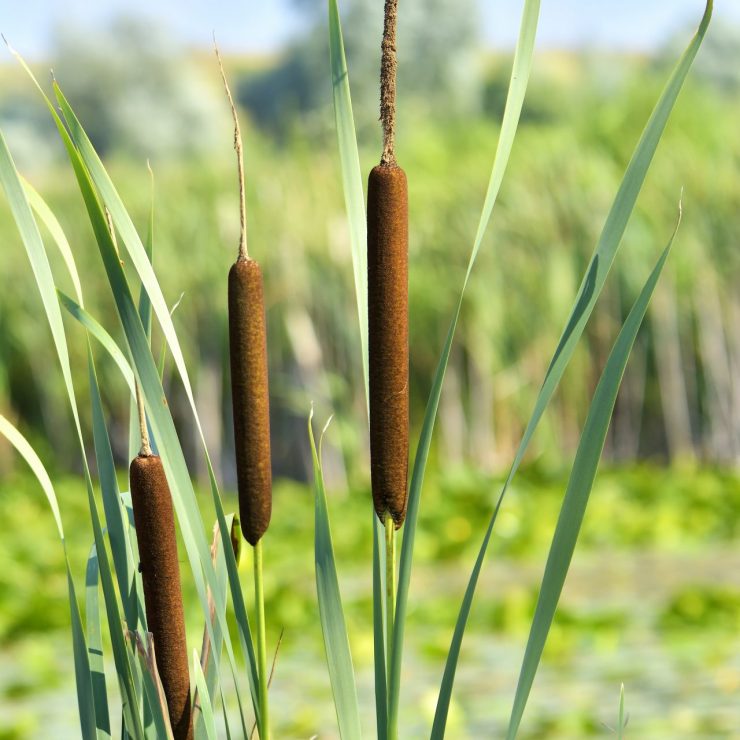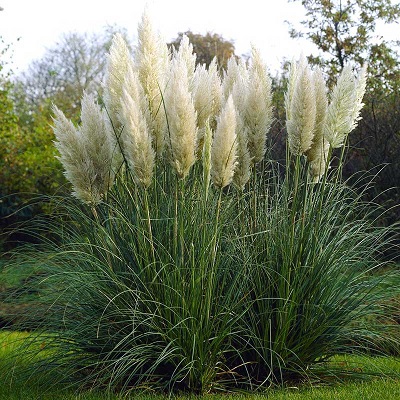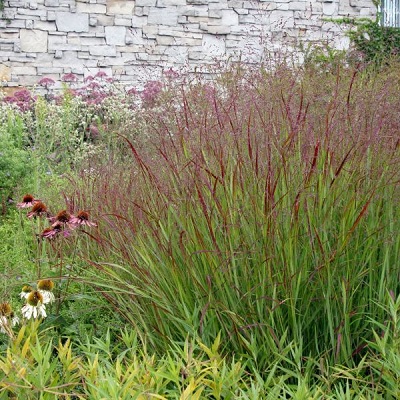Leachate Phytoremediation
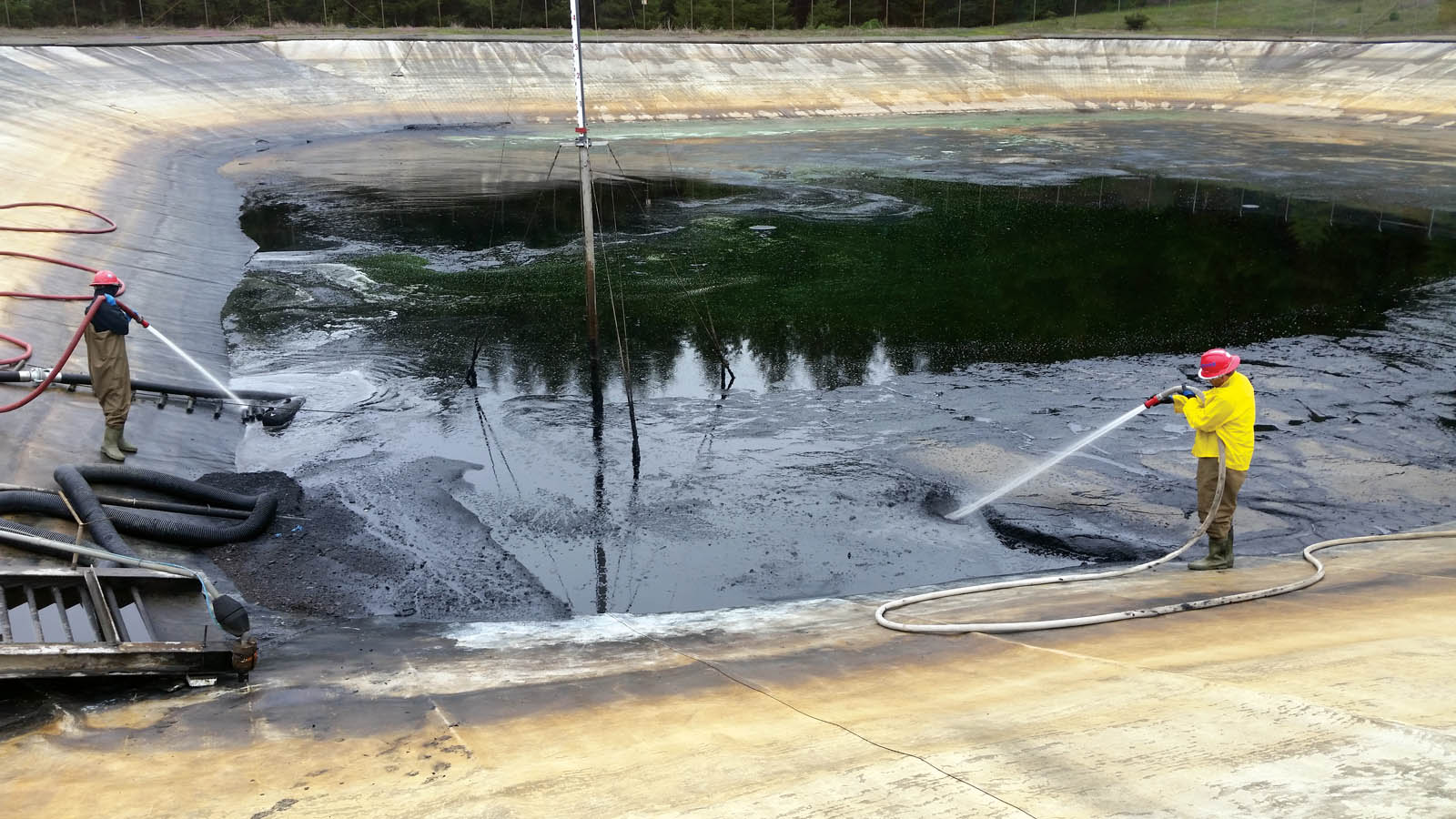

Phytoremediation

Waste management

Leachate

Eco-friendly
Waste management is an essential aspect of modern living, and it poses various environmental challenges. Landfills are one of the most popular waste disposal methods, but they produce harmful leachate, which can affect the surrounding environment. Leachate is a liquid that flows out of landfills, and it contains various contaminants, including heavy metals, organic compounds, and bacteria. These contaminants can pose a risk to human health and the environment if not adequately disposed of. However, an innovative and sustainable approach to tackle this issue is the use of phytoremediation.
Phytoremediation is a process that uses plants to absorb, degrade, and immobilize contaminants from the soil and water. This natural process has gained popularity due to its low-cost and low-maintenance attributes. Leachate Phytoremediation Systems utilize plant-based treatments to decrease or eliminate the amount of contaminated leachate generated from landfills. This process involves planting appropriate vegetation in a constructed wetland near the landfill site, which then treats the leachate and removes the contaminants.
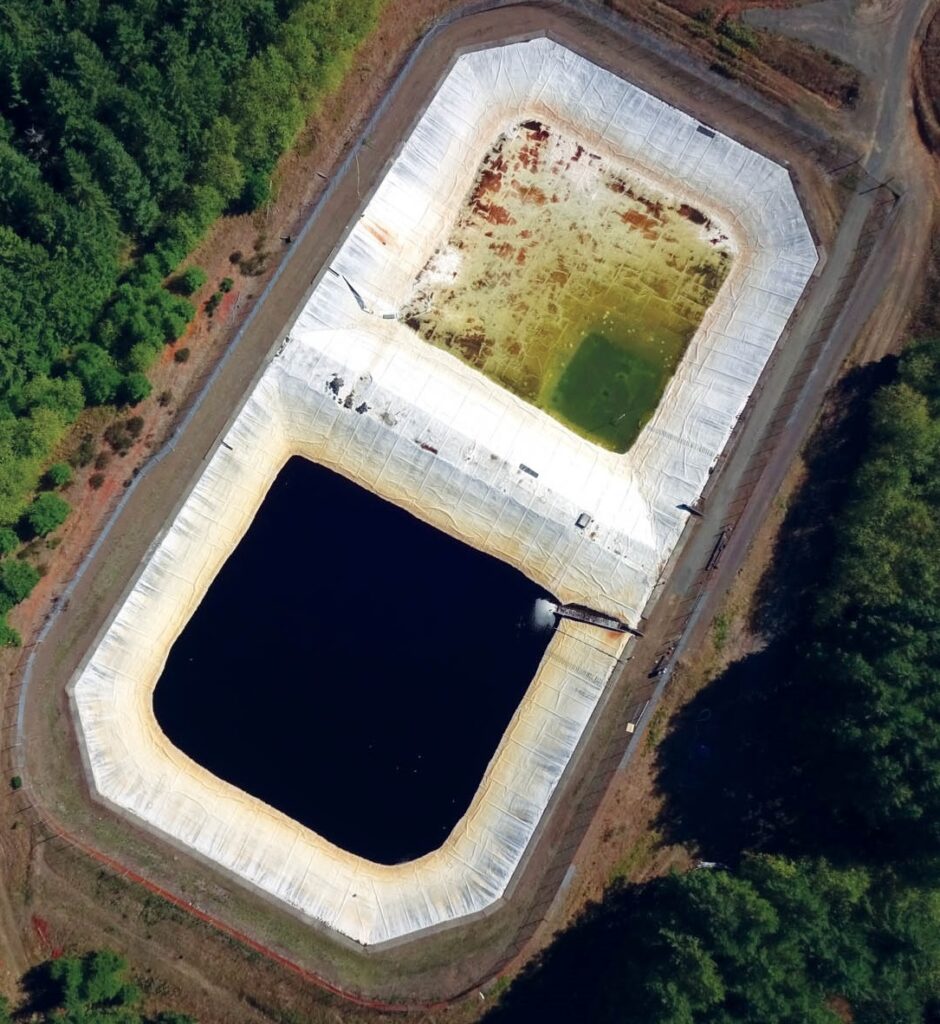
Leachate phytoremediation systems Advantages
- Low-cost and low-maintenance attributes
- Cattails, bulrushes, and reeds are effective in removing several contaminants
- Environmentally friendly and cost-effective solution
Selected Plants Used In Our Phytoremediation
Reasons Why You Choose Us To Protect Nature!



Crocus Environmental is an environmental engineering firm established in 2020.

We are a registered engineering firm with Engineers and Geophysicist Manitoba (EGM) and we are licensed and insured to practice engineering in the province of Manitoba.

Our diverse and experienced team is dedicated to providing quality environmental engineering to our clients.
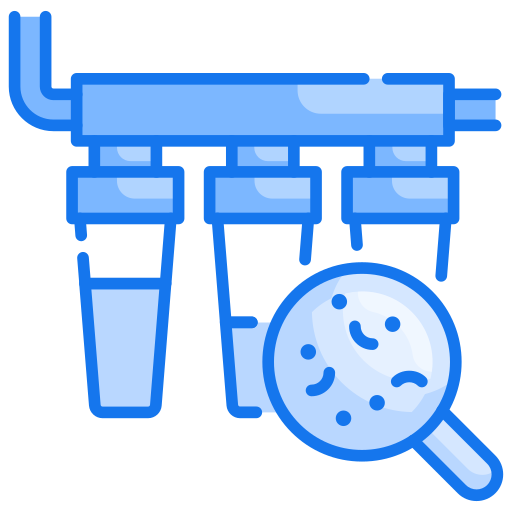
For the past three years, Crocus Environmental has been developing an innovative phytoremediation-based process for leachate treatment.

The first phase of the project was completed in 2021 and the results were satisfactory.
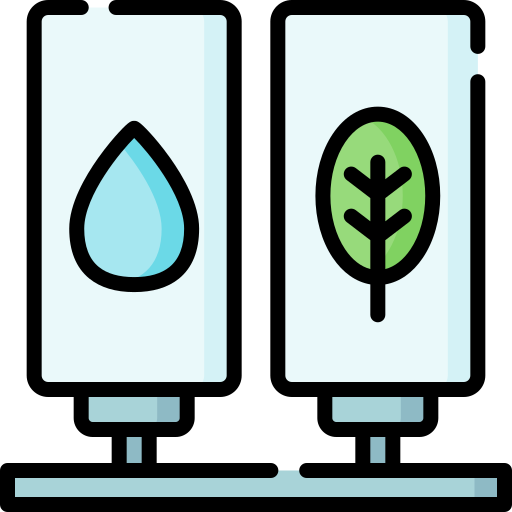
Crocus is currently working with a client to construct a pilot scale process which to test this state-of-the-art leachate specific crop treatment strategy.

